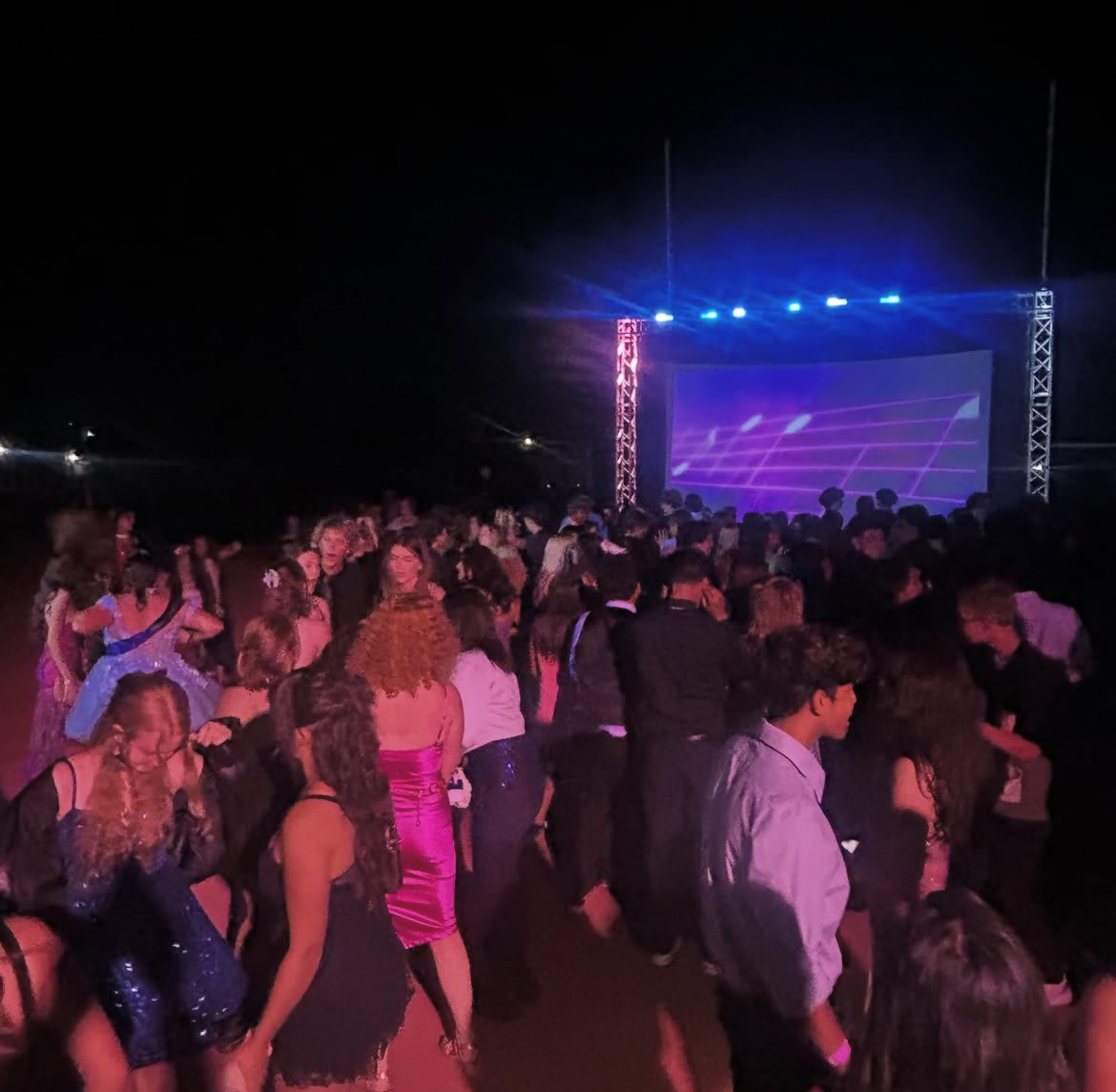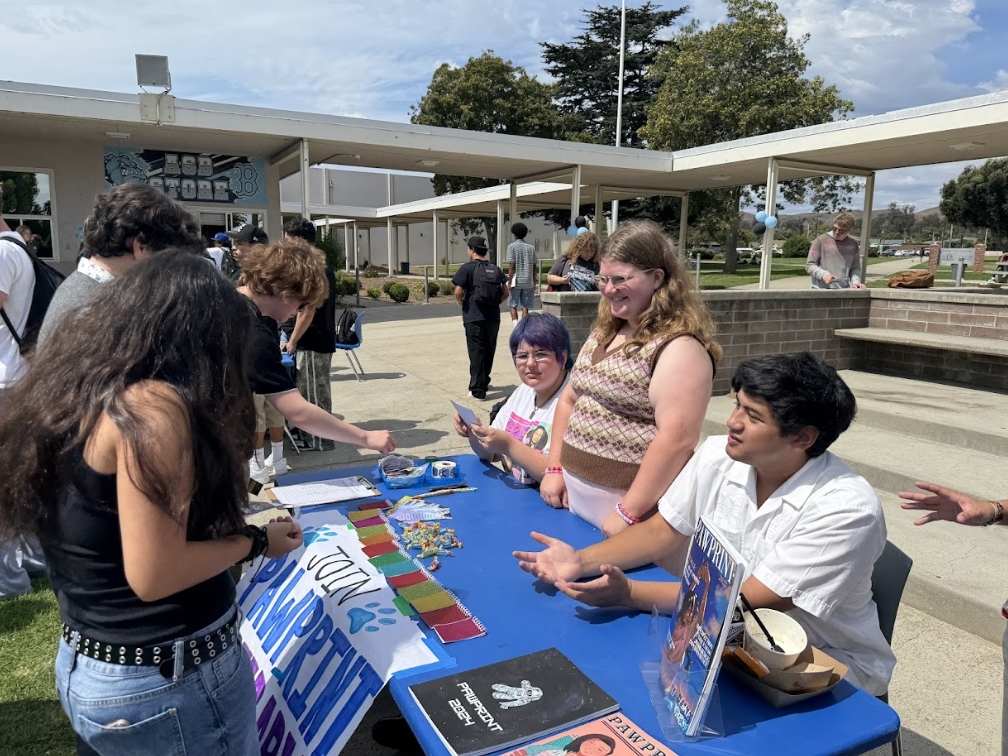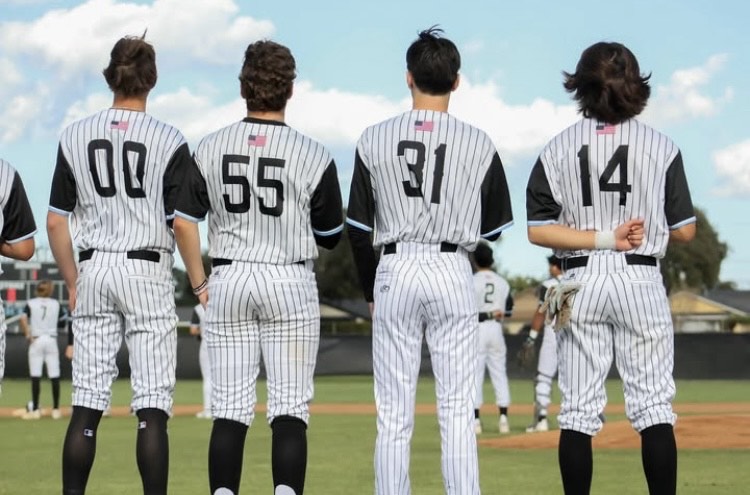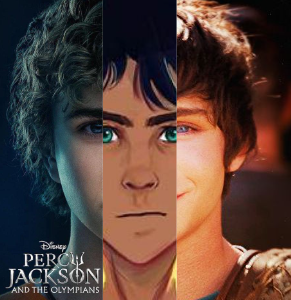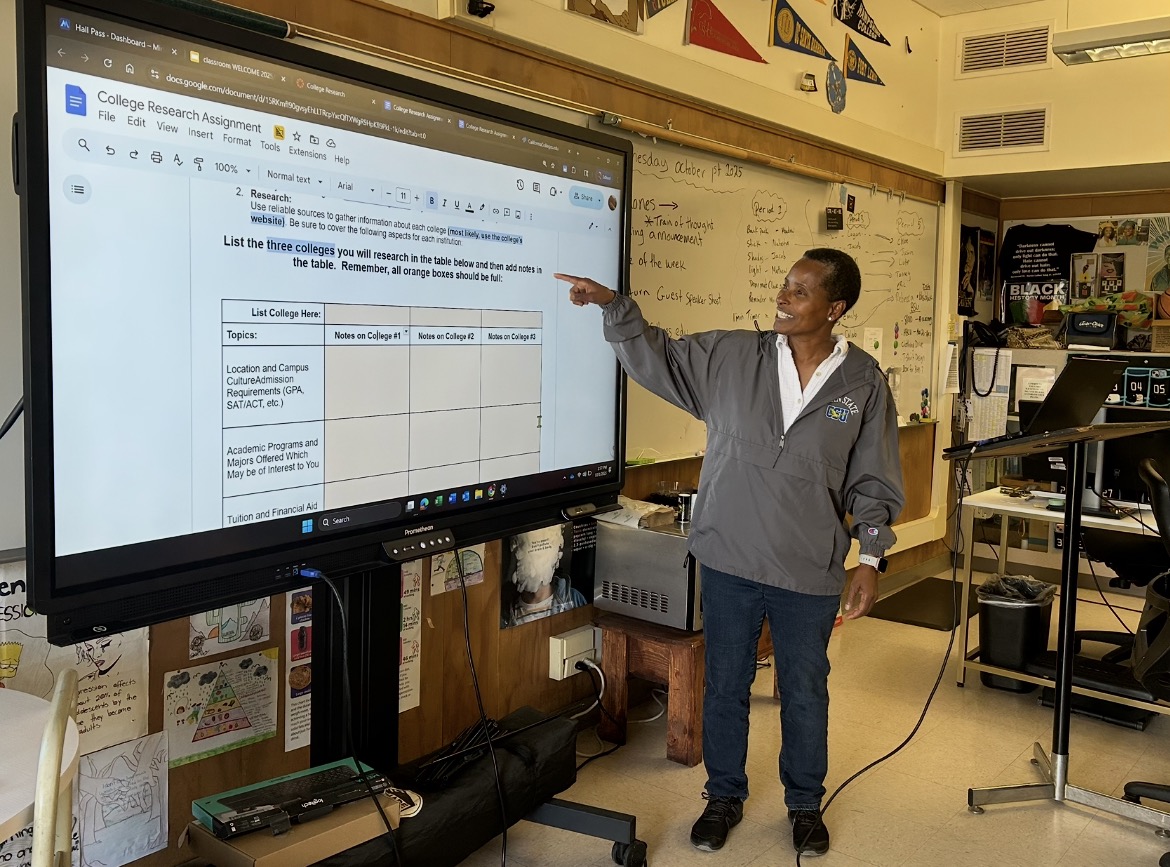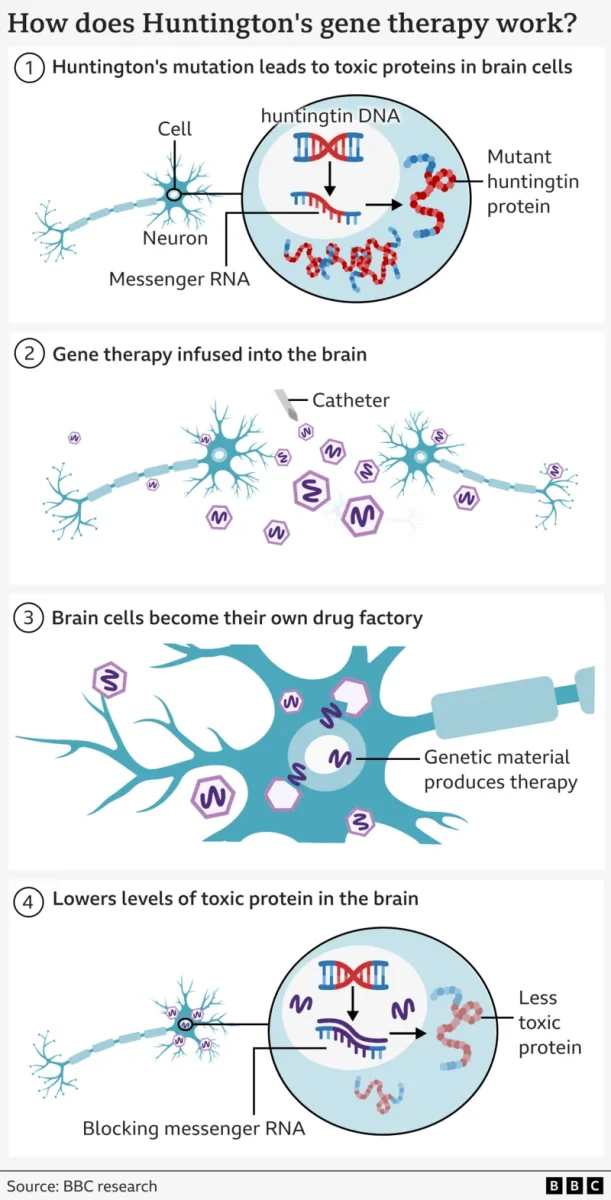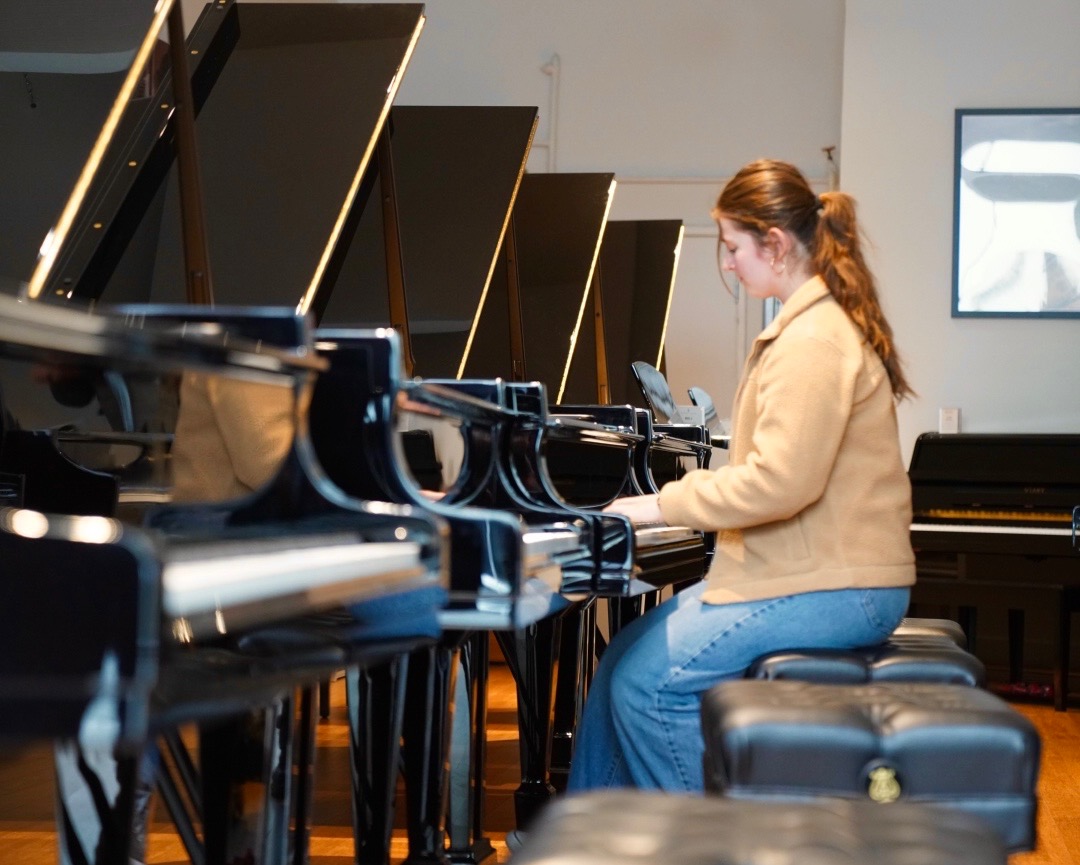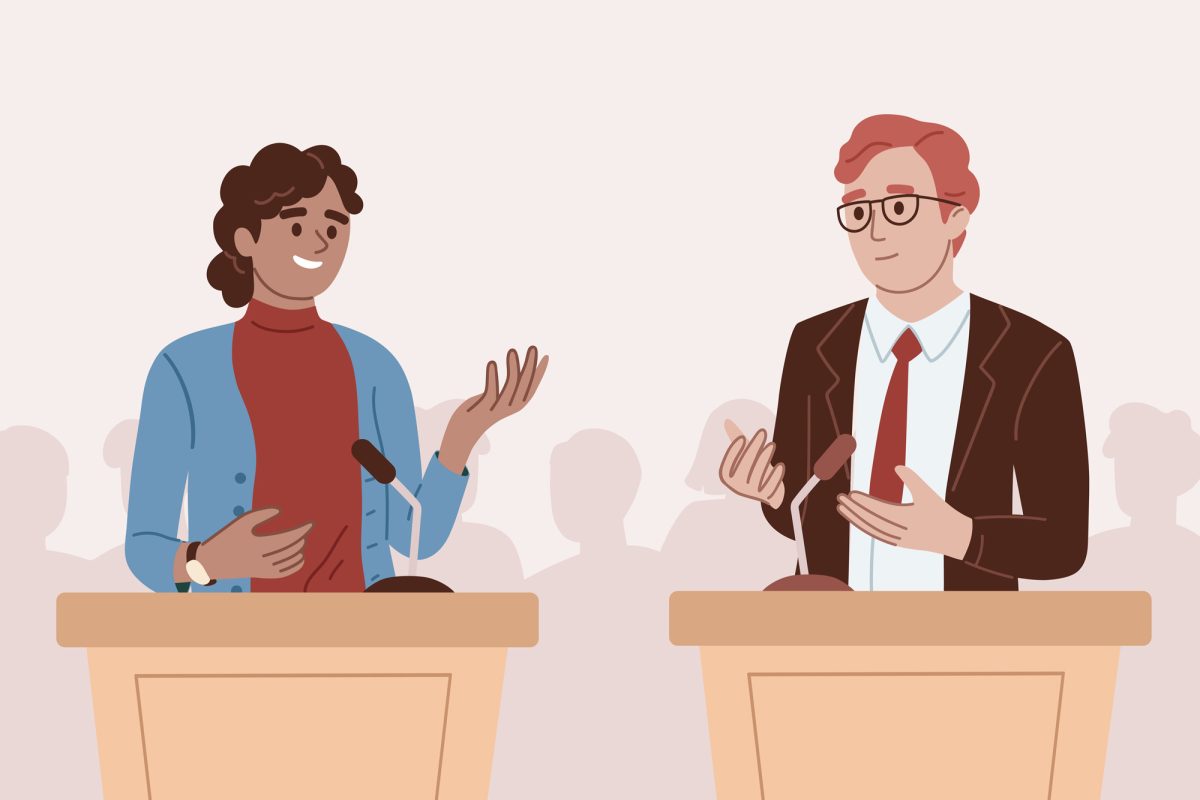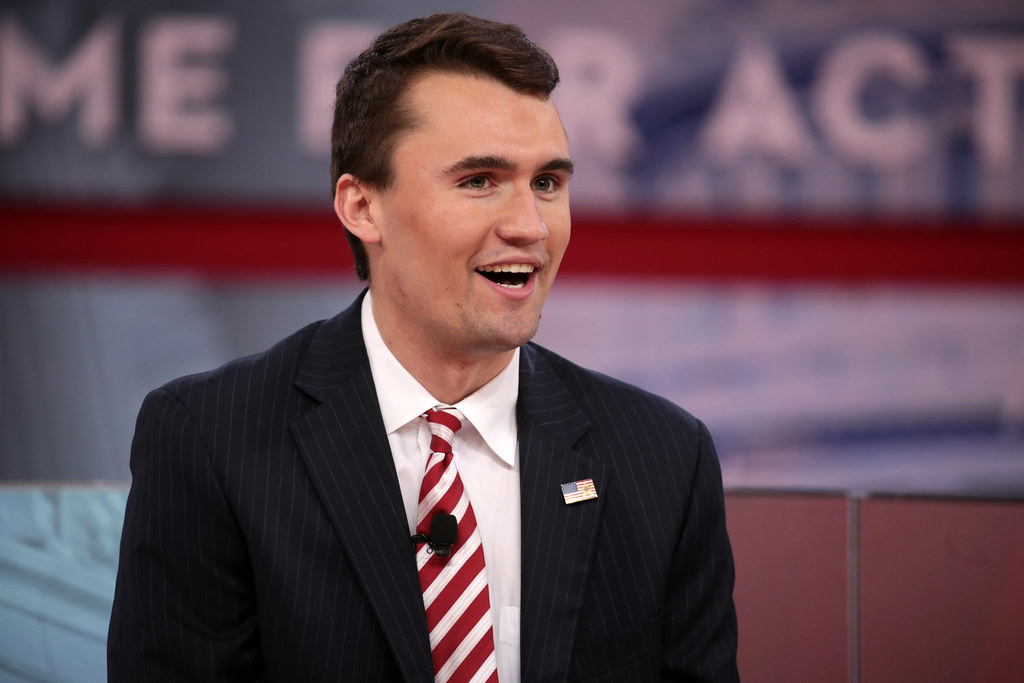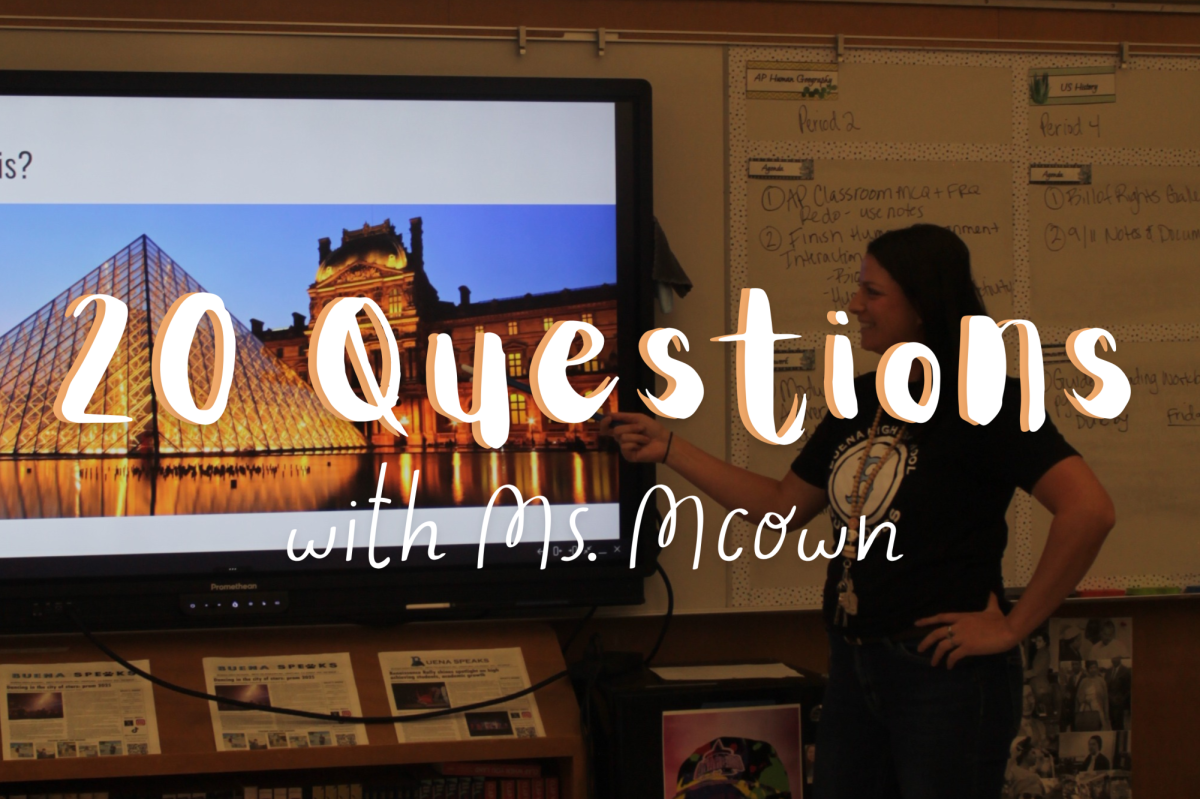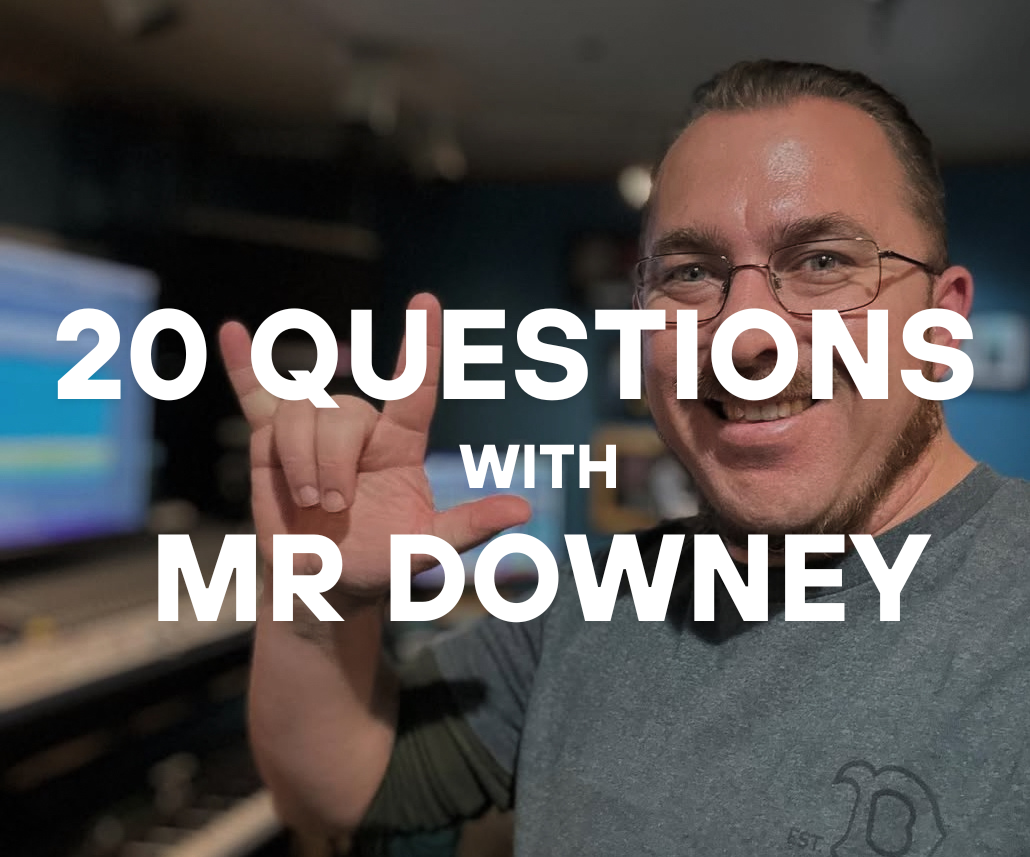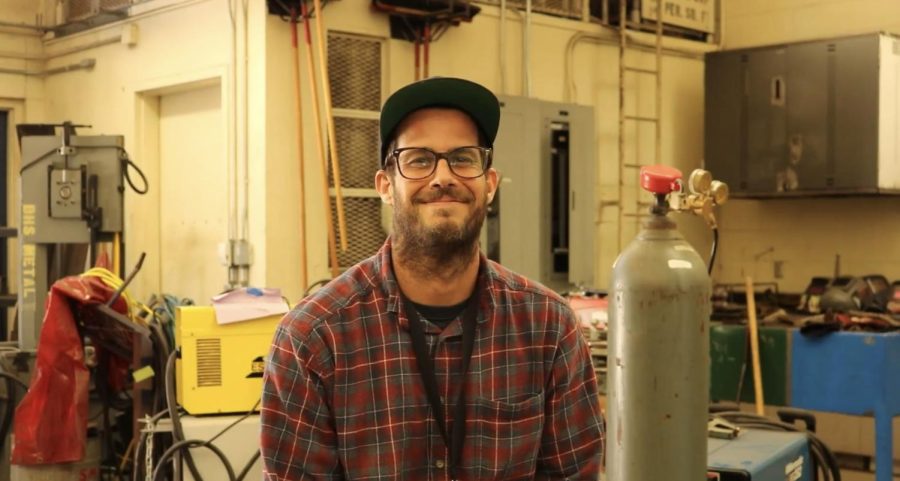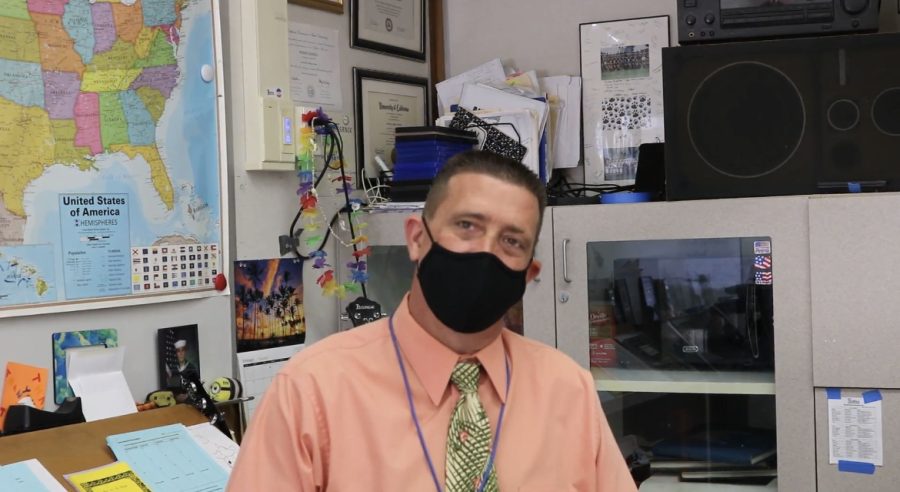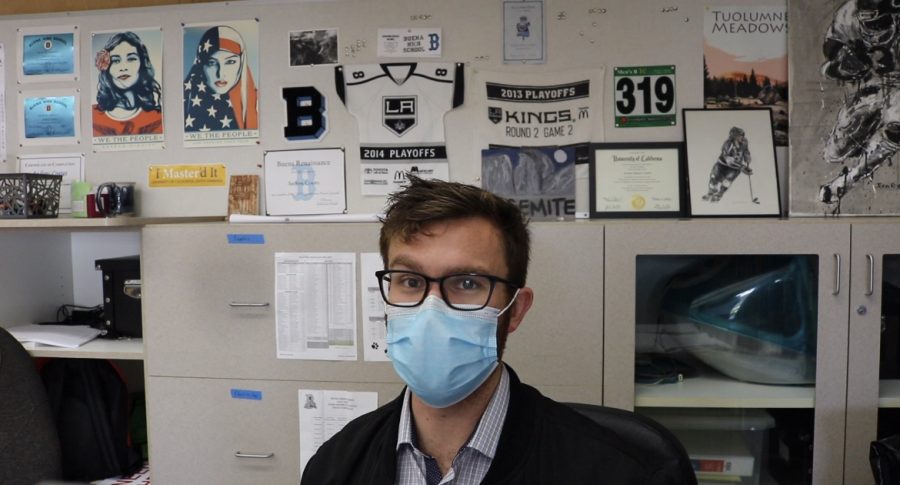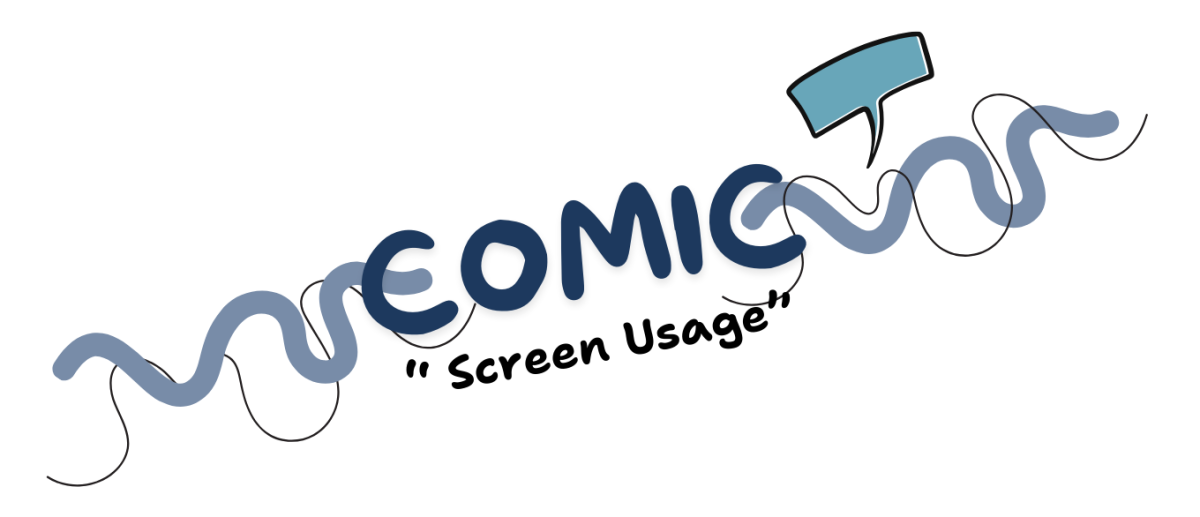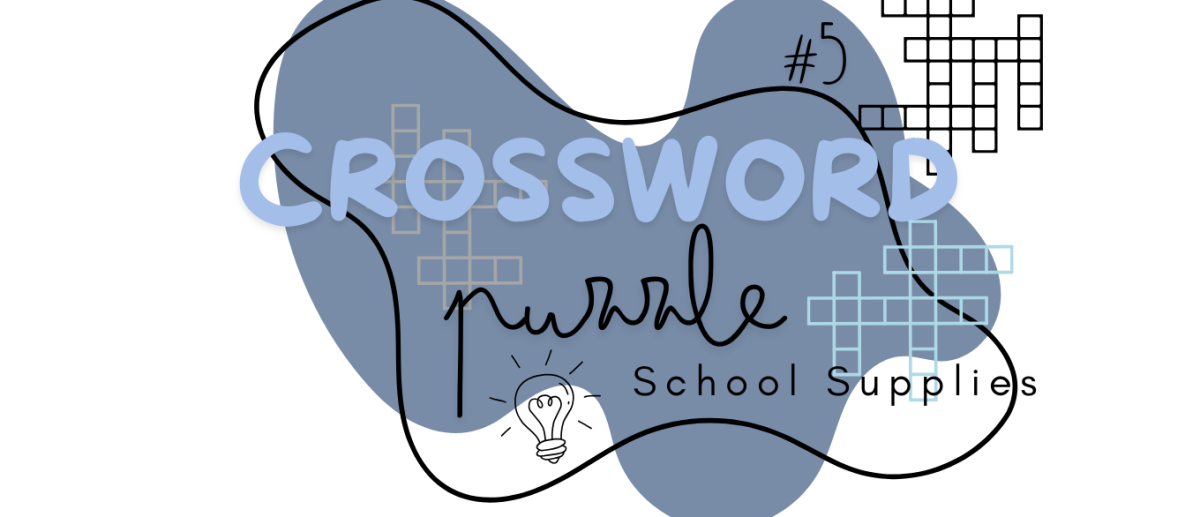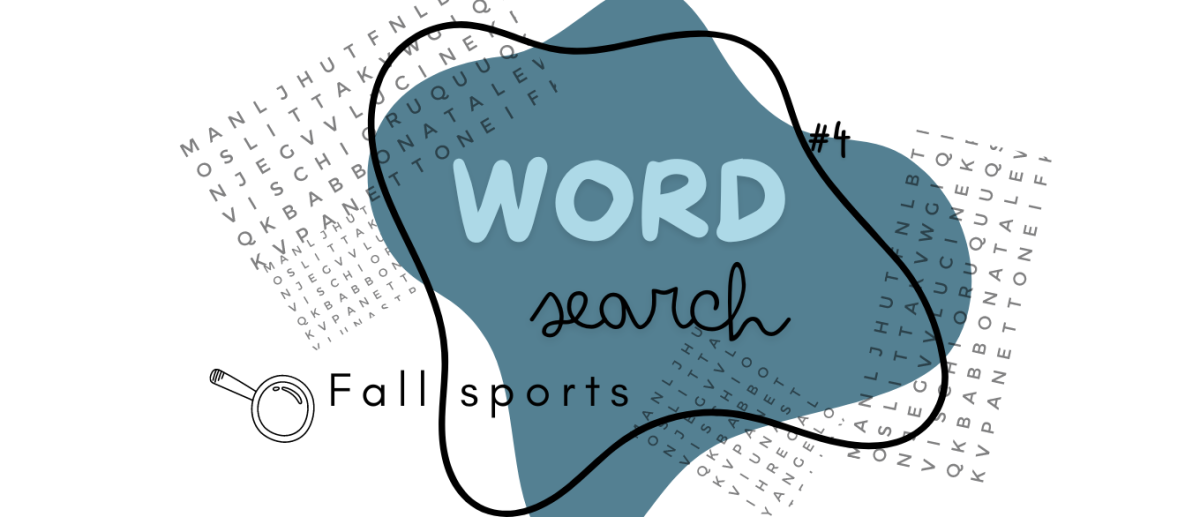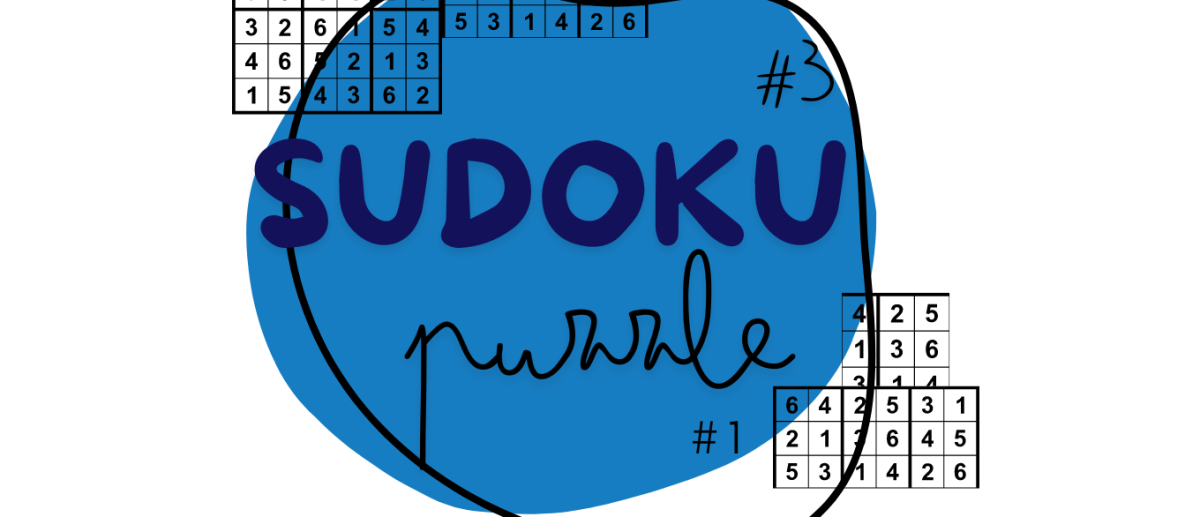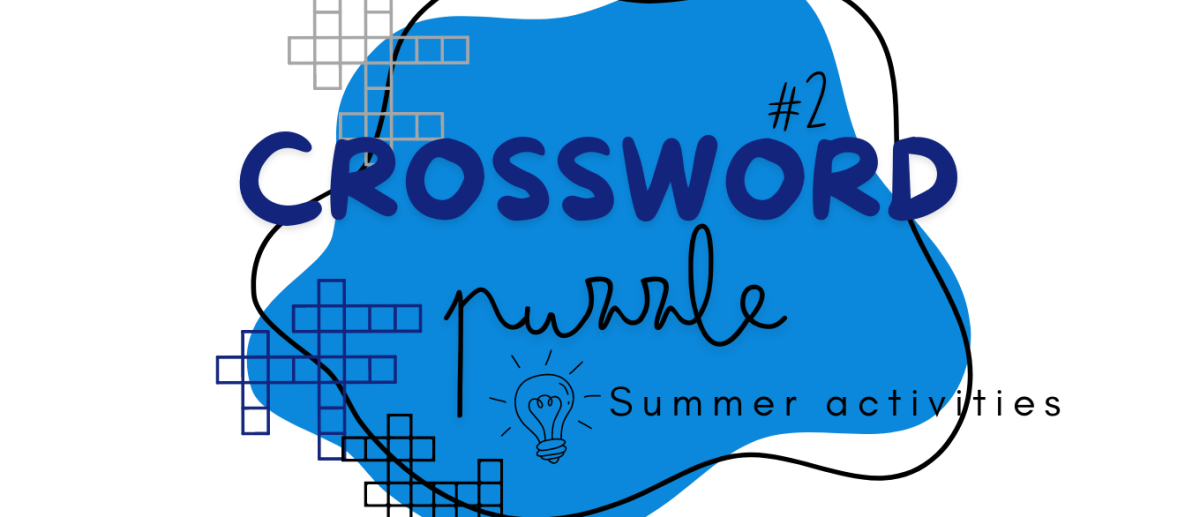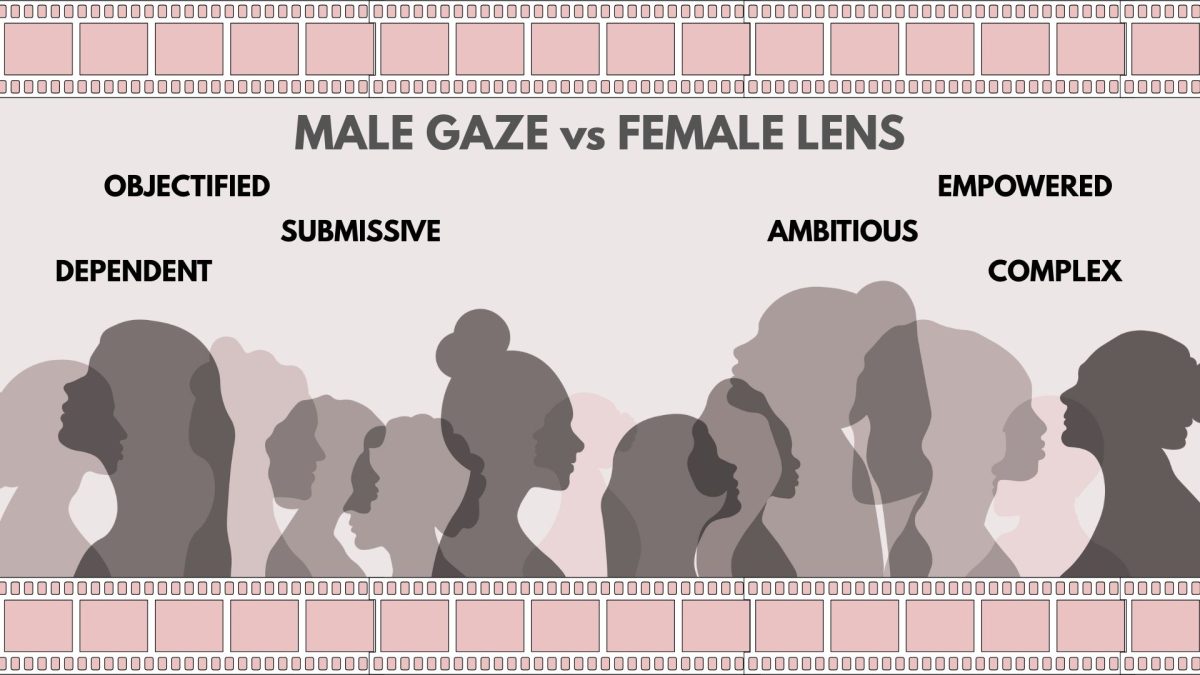April 16, 2025, United States Secretary of Health and Human Services, Robert F. Kennedy, Jr. spoke at a press conference to express his concerns and what he perceives as rising rates of autism diagnoses. According to Kennedy, autism is an “infectious disease” that is increasing at an “alarming rate.” Throughout the conference, he claimed that some “environmental toxin” placed in the air, our food and water, medicines and more is the root cause of autism. As someone diagnosed with autism, I find this statement deeply concerning and troubling, for both myself and my family.
Contrary to what Kennedy thinks, I do not believe that autism “destroys families.” This has not happened with my family. While there are challenges to raising a child on the spectrum I think that it has actually strengthened our family unit due to the adversity we’ve faced.
Kennedy also claimed many times that there is an “epidemic” of autism. While there are more cases than there were in 1987, this is due to more awareness surrounding autism and better diagnostic criteria, rather than an epidemic, as Kennedy claims.
Looking into the history of autism can help us better understand why the rates are rising so drastically. When autism first became a diagnosis in 1943, scientists were only testing white boys. Even within this very small sample of test subjects, the only boys who received positive results were those who had severe communicative and behavioral challenges. Initially, autism was found to be extremely rare. However, over time, rates increased as diagnostic criteria were improved. In 1993, Asperger Syndrome was used to diagnose individuals who presented similarly to individuals who are neurotypical, but with subtle differences in social interaction and communication.
In 2006, the term “Autism Spectrum” circulated into use, which has since become the preferred terminology as it encompasses the whole community. The term autism is broad, which is why it’s considered a spectrum. Today, girls, boys and people of color are being tested and diagnosed. Adults who went undiagnosed their childhood because of narrow diagnostic standards are now receiving a diagnosis. Thanks to further research and new diagnostic standards, less people are slipping through the cracks. This in turn increases the number of diagnosed cases of autism. Autism rates are not actually rising, they are just no longer being missed.
But, the damage has been done. Many individuals with autism, including myself, are repeatedly told, “You don’t look autistic.” When I was first diagnosed at nine years old, my therapist at the time had that same mindset that doctors in the ‘80s had. “Yeah, I just don’t see it,” she told my mom, as I sat rocking back and forth on the couch, flapping my hands, and arranging my dolls all in a row instead of playing tea party with them like a “normal” kid.

During my elementary school years, a series of health professionals who had gotten PhDs in mental and social health had repeatedly told my parents that it just wasn’t possible that I had autism. She talks as if straight from a Jane Austen book? She still has meltdowns as a teenager? She has noise sensitivity and flaps her hands when excited? Has found it hard to make social connections? Lines her toys up in a row and creates backstories for them instead of taking her stuffed animals to the park?
“Nope, we just don’t see it. It simply isn’t possible that your daughter has autism.”
Kennedy’s remarks are only going to drive more people to have these false assumptions. That it “just isn’t possible” that your child has autism because they don’t “look autistic.” They don’t exhibit the traits needed for someone to get the diagnosis. Kennedy has already stated on multiple occasions what he believes autism looks like.
“Autism, a condition characterized by profound impairments in social communication and behavior …” Kennedy said. “Headbanging, tactile and light sensitivities, stimming, toe-walking etc.”
The remarks of people like Kennedy create an entire society where anyone who is slightly different from the norm is looked down upon and shamed. A society where people with autism, including myself, purposefully hide the traits that make us stand out and try our best to act like a neurotypical person, hiding who we truly are.
Furthermore, Kennedy seems intent on quoting from studies to show just how much autism has increased, highlighting it as the “epidemic” he perceives it to be. However, Kennedy is using studies from 1959 to base his claims. 1959. That was 66 years ago. In 1959, segregation was still legal. People believed that to get the best suntan, you had to wait in the sun until you felt your skin start to tingle. Women were mostly viewed as the property of men and were expected to stay at home and have babies. Homosexuality was considered a mental disorder. Times have changed, and outdated research papers are more harmful than helpful.
The understanding of psychology has made significant progress since autism was first identified. Even in the last twenty years, there have been major breakthroughs in understanding conditions such as autism, ADHD, depression and other disorders that affect the human mind. The people who would have originally gone through life undiagnosed and faced unnecessary hardships as a result are receiving answers and the help they need. This is not an epidemic, it is just an acknowledgment of the challenges that were always there.
Furthermore, there’s Kennedy’s proposal of an “autism registry.” While the NIH backpedaled on this plan two days after it was announced due to intense backlash, Kennedy continues to advocate for it and igniting concern in individuals with autism and their families. An autism registry? Looking through people’s private medical records? A comprehensive list of Americans living with the “disease”? Not only does this seem like a massive violation of privacy, it raises concerns on what Kennedy means by “tracking.” Is he aiming to identify individuals who have autism,which is problematic, or is he going to see that I went to Buena High School Mon. through Fri. all of last week?
While America does have disease registries with illnesses such as cancer, Alzheimers, COVID and more, these are actual diseases that take people’s lives and need to be prevented. Autism does not take people’s lives.
Autism is also not a disease. It does not need to be prevented. While some people with autism, including myself, do have some undesirable behaviors, that does not mean that is entirely who we are. Autism has shaped who I am as a person, and personally, I love the person I have become.
Someone like Kennedy who is a public figure and is in charge of our medical regulations should be more aware of how his words impact the very people he claims to serve. By spreading misinformation and making plans that are actively harmful to many communities, he is actually endangering the public. These practices create fear mongering and anxiety. I urge you to check your sources. Find peer-reviewed papers that are published recently, especially for topics such as mental health, psychological disorders, etc.
What scares me the most isn’t that Kennedy is spewing all this misinformation. It’s that people believe it.

